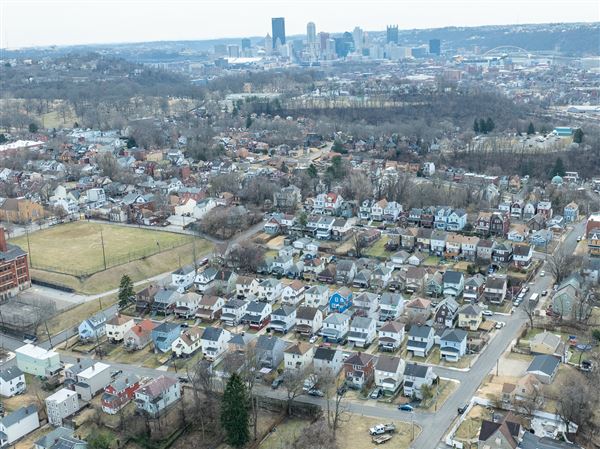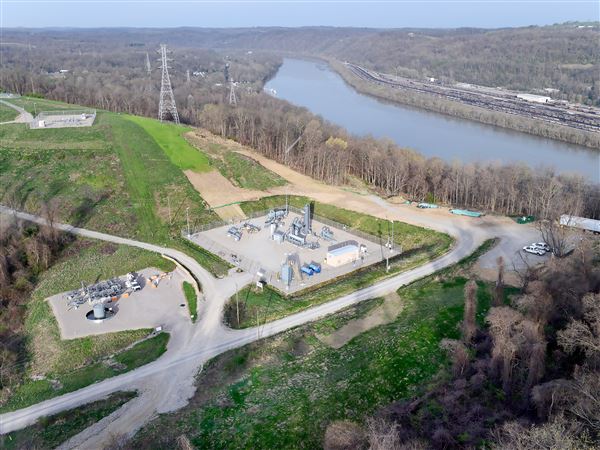HARRISBURG — A late-session rule change approved in the Pennsylvania House of Representatives carried through an initiative state Rep. Brad Roae, R-Crawford/Erie, sought to adopt by law — ending lawmakers’ use of taxpayer-funded vehicles.
The change means House members can no longer request state-owned vehicles or seek reimbursement for vehicle leases. The measure was adopted separately from another rule change concerning proxy voting and remote participation. The two had first been proposed in the same resolution.
Lawmakers currently using state-owned vehicles can continue to do so. However, they won’t receive replacements and the vehicles could be revoked by the chief clerk should it be deemed no longer practical or cost effective.
The measure was approved by a count of 191-1 on Nov. 16.
“The state police need police cars and PennDOT needs dump trucks but legislators don’t need state cars to haul their briefcases,” said Mr. Roae, who doesn’t use a publicly owned or leased vehicle.
“While this change is the right thing to do, it also removes financial liability on the commonwealth,” he said.
Mr. Roae had sought to make the change through legislation rather than the resolution that ultimately passed. A law would apply to the House and Senate. The Senate maintains its own rules separate from the House.
While Mr. Roae’s bill passed the House in April with little opposition, it wasn’t considered in the Senate. The same scenario played out with the bill in 2018.
A rule change could be reversed under the incoming House makeup when the next two-year session begins Jan. 3, though that seems unlikely given the voting margin on the issue.
Few lawmakers still use publicly funded vehicles.
There were 26 state representatives, all Democrats, who drive publicly funded state-owned vehicles, the office of the Chief Clerk of the House said in April.
Expense records for the state Senate at the time showed 11 state senators drove state-owned vehicles: three Republicans, seven Democrats and an independent.
Monthly lease payments for the House members’ vehicles ranged from $419 to $650, the chief clerk’s office said. The Senate range was $555 to $888 monthly, online records showed.
Most related expenses such as gasoline, new tires and maintenance are paid out-of-pocket — but are reimbursable, too, the House chief clerk’s office said.
Legislators who don’t drive state-owned vehicles can continue to receive mileage reimbursement at the IRS rate of 58.5 cents per mile. Mileage reimbursement might exceed potential lease costs for some legislators, depending on how far they travel.
First Published: November 26, 2022, 6:56 p.m.















